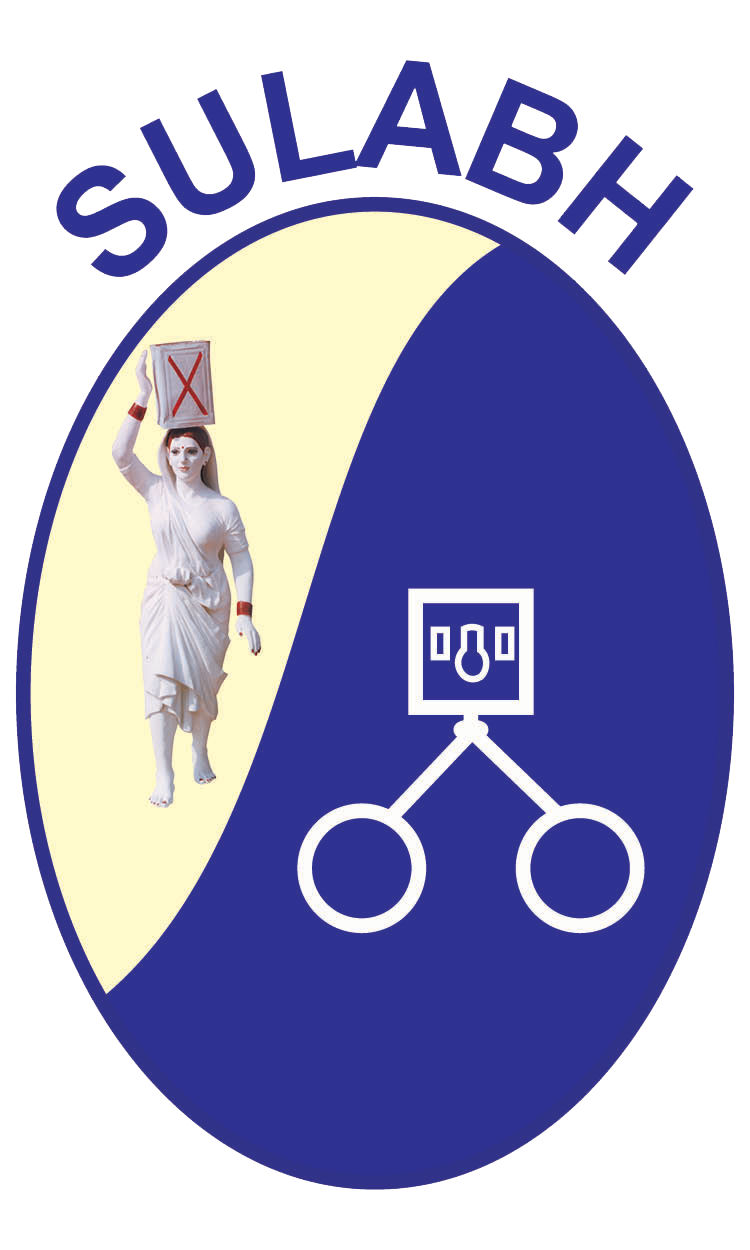In India, the majority of girls know little or nothing about menstruation before their first period, according to UNICEF. A taboo subject that’s rarely discussed in homes or schools, menstruation is often seen as shameful. The culture of silence around periods can leave girls confused and fearful when they hit puberty. This lack of awareness often costs girls their social lives and education: Almost one-quarter of girls in India drop out of school when they reach puberty. It also comes with health risks, with studies showing that around 90 percent of women in India don’t wear sanitary pads, using materials such as rags, newspapers and sand instead and increasing their risk of reproductive tract infections.
Sulabh School Sanitation Club — an initiative by one of India’s largest sanitation NGO Sulabh International — is trying to change that by catching girls early to teach them about puberty, growing up and the physical processes that their bodies are going through as a way to lift the taboo and break the cycle of school dropouts and early marriages.
The sanitation club stresses in adopting a gender-inclusive approach in its intervention programmes — boys are equally part of the campaigns. It has run campaigns in schools and in slums of Delhi. So far 174 clubs in 20 states of India, six in Nepal and Bhutan and one in South Africa have been set up. About 12,300 school children in more than 800 schools have been trained in school sanitation and hygiene education and menstrual hygiene management.
During the on-going lockdown, the club ran targeted campaigns. Women and girls in Delhi’s densely populated Rajiv Gandhi cluster were given sanitary napkins and educated about safe handwashing, hygiene and health practices at the time of C19 and beyond. It was done in partnership with Reckitt Benckiser (Dettol). Sulabh sanitation club has been running this campaign for the last two months. Rupak Roy, the campaign co-ordinator says, “behaviour change can happen only when the sanitary napkins are available at an affordable price. The problem is that there is no consistency in supply. It is there for a month and then not distributed for months together.”
Further, a webinar on menstrual hygiene practices for school students was conducted jointly by WSSC and Sulabh Sanitation Club on 16 May 2020. About 30 schoolgirls from the states of Delhi, Maharashtra, Sikkim, Jharkhand, West Bengal, Uttar Pradesh, Rajasthan and Jammu & Kashmir participated. The students discussed the inclusive approach to addressing the menstrual stigma, including WASH and gender-related reproductive health information. The participants shared their own experiences and gaps in the menstrual-related program.
Our Menstrual Hygiene Day campaigns across India focused on educating adolescents about puberty and the physiology of their bodies while they are growing up. This aims to pave a path that lifts the taboo. We have reached out to women and girls in slums to help them break the culture of silence and stigma around periods.
